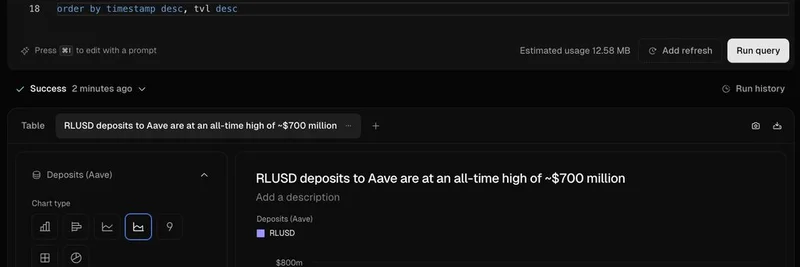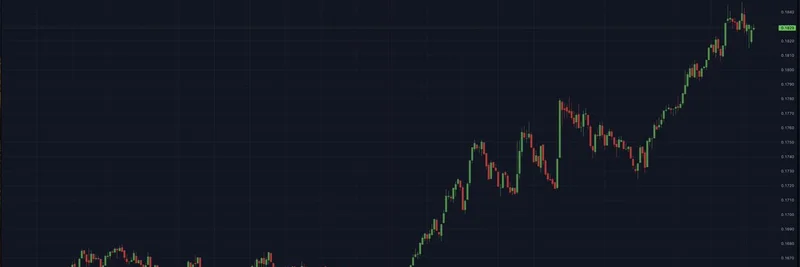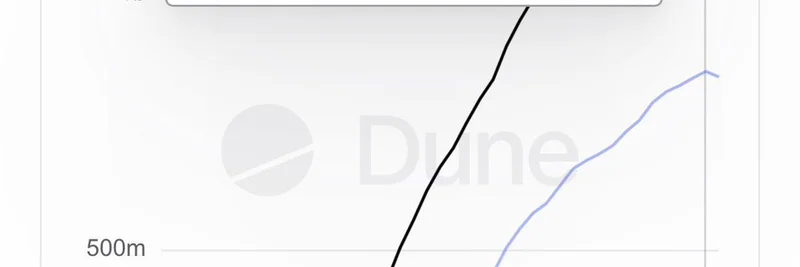In a recent tweet that's buzzing through the crypto community, MartyParty (@martypartymusic) breaks down the U.S. Commodity Futures Trading Commission's (CFTC) latest moves to bring more crypto trading under regulated umbrellas. As someone who's spent years diving deep into crypto news at CoinDesk and now focusing on meme tokens here at Meme Insider, I see this as a game-changer—especially for the wild world of meme coins.
Let's unpack what MartyParty is highlighting. The CFTC, under Acting Chair Caroline D. Pham, is fast-tracking initiatives to allow leveraged, margined, or financed spot crypto contracts on registered Designated Contract Markets (DCMs). Spot trading means buying or selling assets for immediate delivery, unlike futures which bet on future prices. By pushing this before December 31, 2025, they're aiming to pull retail traders away from unregulated offshore platforms—think places like certain international exchanges where leverage can get risky without oversight.
Why does this matter for meme tokens? Meme coins like Dogecoin or newer pumps often thrive on high-leverage trades that amplify gains (and losses). Right now, a lot of that action happens offshore because U.S. regs have been strict. But with this shift, exchanges like Coinbase or Bitnomial could offer these products under CFTC supervision. That means better protections: think transparent pricing, reduced manipulation risks, and safeguards against shady practices. For meme token enthusiasts, it could mean safer ways to ride the hype without fearing platform rug pulls or hidden fees.
MartyParty points out the legal backbone here—the Commodity Exchange Act (CEA), specifically Section 2(c)(2)(D). It requires leveraged commodity trades to happen on DCMs unless they meet exemptions, like actual delivery within 28 days. Crypto assets are treated as commodities, so this fits perfectly without needing new laws from Congress. Pham's been meeting with big players during the government shutdown, and there's momentum from supporters like Andreessen Horowitz to bring trading back to U.S. shores.
This ties into broader pro-crypto vibes under President Trump, coordinating with the SEC's efforts and recent laws like the GENIUS and CLARITY Acts. Plus, there's talk of tokenized collateral, including stablecoins, for derivatives—another layer that could stabilize meme token ecosystems by integrating them into traditional finance tools.
Of course, not everyone's thrilled. Replies to the tweet show mixed feelings: some worry about privacy hits or KYC requirements turning fun trades into bureaucratic hassles. One user joked about the CFTC "KYC-ing your favorite casino," while others question if offshore platforms will really get shut out. And a fact-check reply notes that much of this stems from a CoinDesk report on November 7, 2025, not a fresh announcement today.
At Meme Insider, we're all about helping you navigate these changes. If regulated leveraged trading takes off, it might cool some of the offshore frenzy but heat up U.S.-based innovation in meme tokens. More institutional money could flow in, but with it comes rules that tame the chaos. Keep an eye on approvals—Pham's hinting at new products soon, possibly easing into the Trump administration's picks like Brian Quintenz.
What do you think? Will this boost meme token legitimacy or stifle the fun? Drop your thoughts in the comments, and stay tuned for more updates on how regs shape the meme meta.



